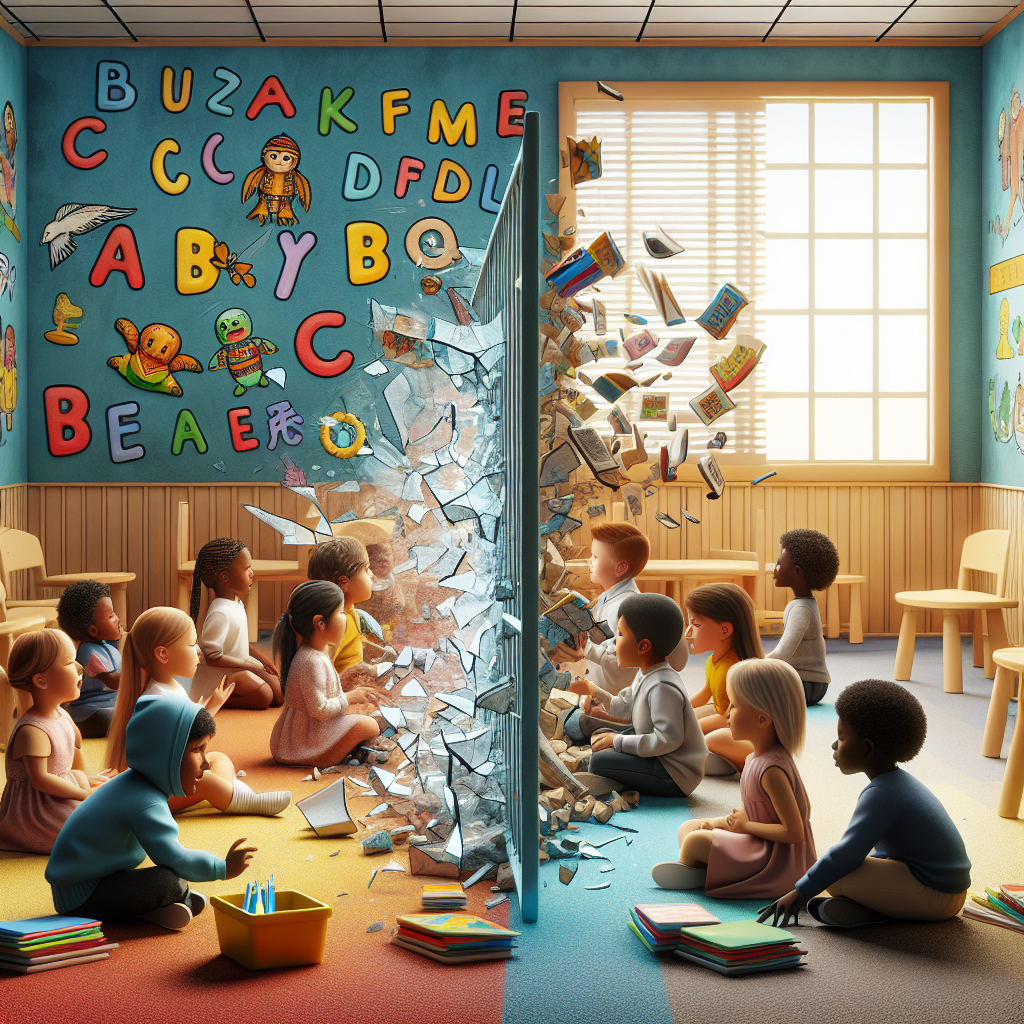Language exchange programs have long been used as a way to learn a new language or improve language skills. However, these programs can also be a powerful tool for fostering cultural understanding and breaking down barriers between people from different backgrounds. Childcare language exchange programs, in particular, offer a unique opportunity for cultural exchange and mutual learning.
How do Childcare Language Exchange Programs Work?
In a childcare language exchange program, two families from different cultural backgrounds come together to care for each other’s children and help each other learn their respective languages. For example, a family from Japan may offer to care for a child from France in exchange for the French family caring for their child. During this time, both families engage in activities together and communicate in their native languages, providing a rich language and cultural immersion experience for everyone involved.
The Benefits of Childcare Language Exchange Programs
Childcare language exchange programs offer a range of benefits for both families participating. Firstly, children involved in these programs have the opportunity to learn and practice a new language in a natural and immersive environment. This can help them develop fluency and proficiency in the language much more quickly than traditional language learning methods. Additionally, children also have the chance to learn about and appreciate different cultures, traditions, and ways of life.
For parents, childcare language exchange programs provide a valuable support system as well as a unique opportunity to share their culture and language with others. By working together with another family, parents can learn from each other, exchange parenting tips, and build lasting relationships based on mutual respect and understanding.
Fostering Cultural Understanding
Childcare language exchange programs play a vital role in fostering cultural understanding and breaking down barriers between people from different backgrounds. By engaging in activities together, sharing meals, and communicating in their native languages, families learn to appreciate and respect each other’s differences. This can lead to greater empathy, tolerance, and acceptance of diverse cultures.
Through these programs, children and parents alike develop a global perspective and a sense of interconnectedness with people from all walks of life. They come to realize that despite differences in language and culture, we are all connected by our common humanity and shared values.
Conclusion
Childcare language exchange programs offer a unique and effective way to promote cultural understanding and unity among people from different backgrounds. By participating in these programs, families can learn new languages, share their culture, and build meaningful relationships based on mutual respect and understanding. In a world that is becoming increasingly interconnected, childcare language exchange programs are more important than ever in fostering a sense of community and breaking down barriers between people.

